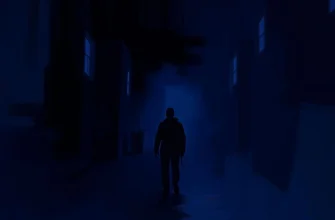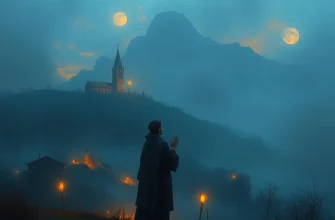Si vous avez aimé 'Le Journal d'une femme de chambre' (1964), ce film captivant mêlant drame et satire sociale, vous adorerez ces 10 œuvres similaires. Découvrez des histoires tout aussi envoûtantes, explorant des thèmes comme la classe sociale, la subversion et les relations complexes.
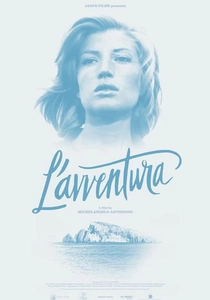
L'Avventura (1960)
Description: A groundbreaking exploration of alienation, existential ennui, and the search for meaning, characterized by long takes and a deliberate pacing.
Fait: The film was booed at its Cannes premiere but later won the Jury Prize. It marked a turning point in modernist cinema.
 Regarder
Regarder

Last Year at Marienbad (1961)
Description: A enigmatic and visually stunning meditation on memory, time, and desire, with a narrative that deliberately avoids clear resolution.
Fait: The film's script was written in the form of a poem. Its labyrinthine structure has inspired countless interpretations and debates among critics.
 Regarder
Regarder

The Leopard (1963)
Description: A lavish historical drama that examines the decline of aristocracy and the passage of time, with sumptuous visuals and a melancholic tone.
Fait: The ballroom sequence is one of the longest and most expensive in cinema history. The film was drastically cut for its initial U.S. release.
 Regarder
Regarder

The Trial (1962)
Description: A Kafkaesque exploration of paranoia, bureaucracy, and existential dread, featuring stark, oppressive visuals and a sense of inescapable doom.
Fait: The film was shot in abandoned buildings in Zagreb to create its nightmarish atmosphere. Orson Welles considered it his best work.
 Regarder
Regarder
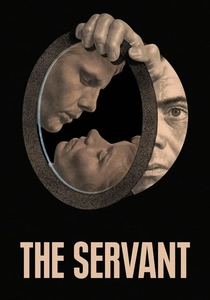
The Servant (1963)
Description: Explores themes of power dynamics, class struggle, and psychological manipulation within a domestic setting, featuring a visually striking and claustrophobic atmosphere.
Fait: The film was initially banned in several countries due to its controversial themes. It marked the beginning of a long collaboration between director Joseph Losey and writer Harold Pinter.
 Regarder
Regarder
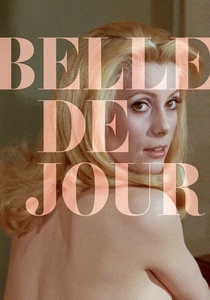
Belle de Jour (1967)
Description: Delves into the duality of human nature, repressed desires, and the contrast between public respectability and private fantasies, with a dreamlike and surreal narrative style.
Fait: Catherine Deneuve's character was inspired by a real-life case study from a French psychoanalyst. The film's title refers to a type of prostitute who works during the day.
 Regarder
Regarder

The Conformist (1970)
Description: A psychological drama about identity, repression, and political conformity, with lush cinematography and a complex, non-linear narrative.
Fait: The film's visual style heavily influenced American cinema of the 1970s, particularly the work of Francis Ford Coppola. It was based on a novel by Alberto Moravia.
 Regarder
Regarder

The Discreet Charm of the Bourgeoisie (1972)
Description: A satirical take on the hypocrisy and absurdity of the upper class, blending surrealism with dark humor and a non-linear storytelling approach.
Fait: The film won the Academy Award for Best Foreign Language Film. It features recurring dreams and interruptions that parody conventional narrative structures.
 Regarder
Regarder

The Phantom of Liberty (1974)
Description: Challenges societal norms and conventions through a series of interconnected vignettes, employing absurdity and irony to critique bourgeois values.
Fait: The film's title is a play on words from Karl Marx's 'The Communist Manifesto.' It includes a famous scene where characters sit on toilets around a dining table.
 Regarder
Regarder

That Obscure Object of Desire (1977)
Description: Examines obsessive love, desire, and the elusive nature of fulfillment, with a fragmented narrative and a haunting, ambiguous tone.
Fait: The female lead is played by two different actresses, a decision made after the original actress was fired. The film was the director's final work.
 Regarder
Regarder


